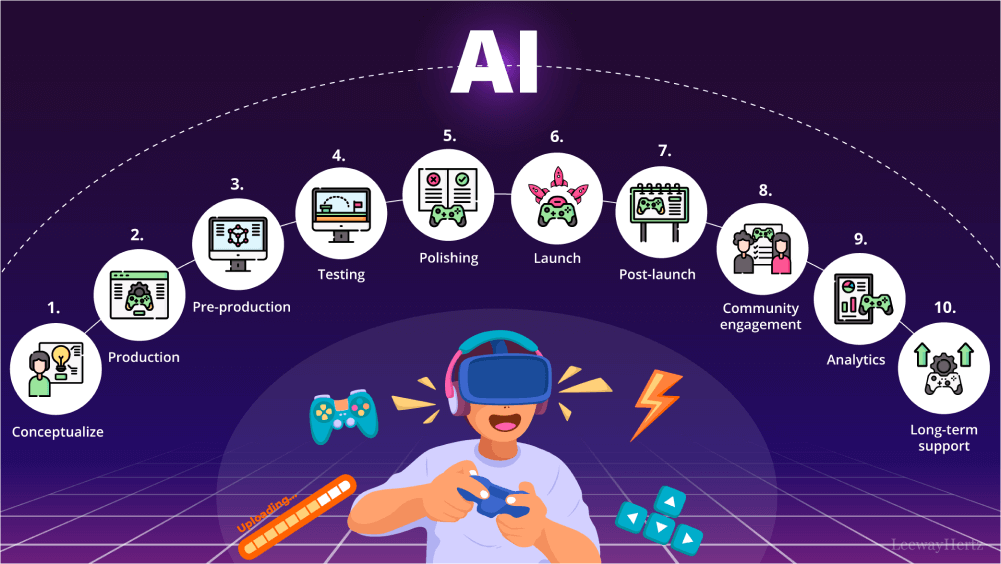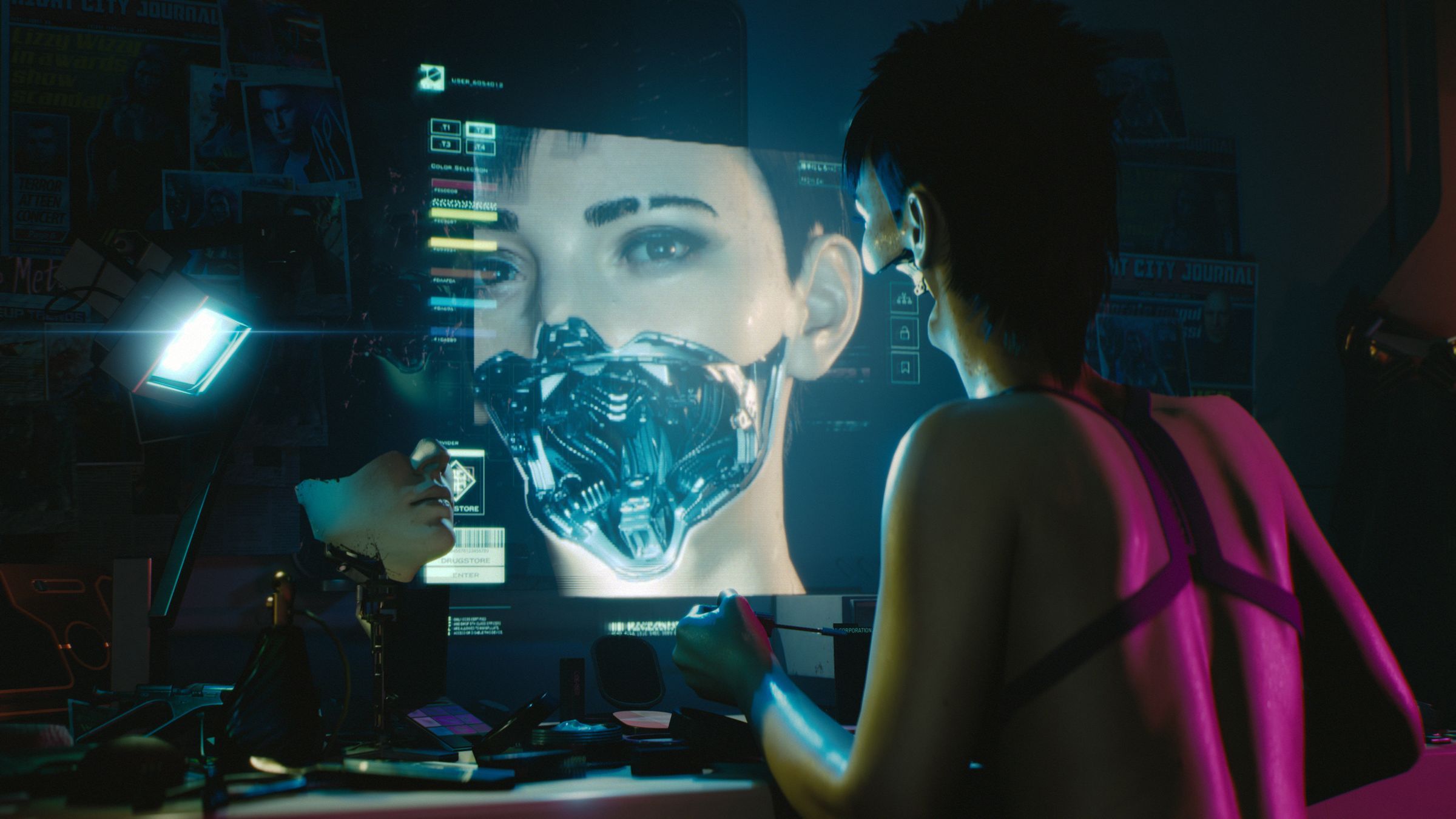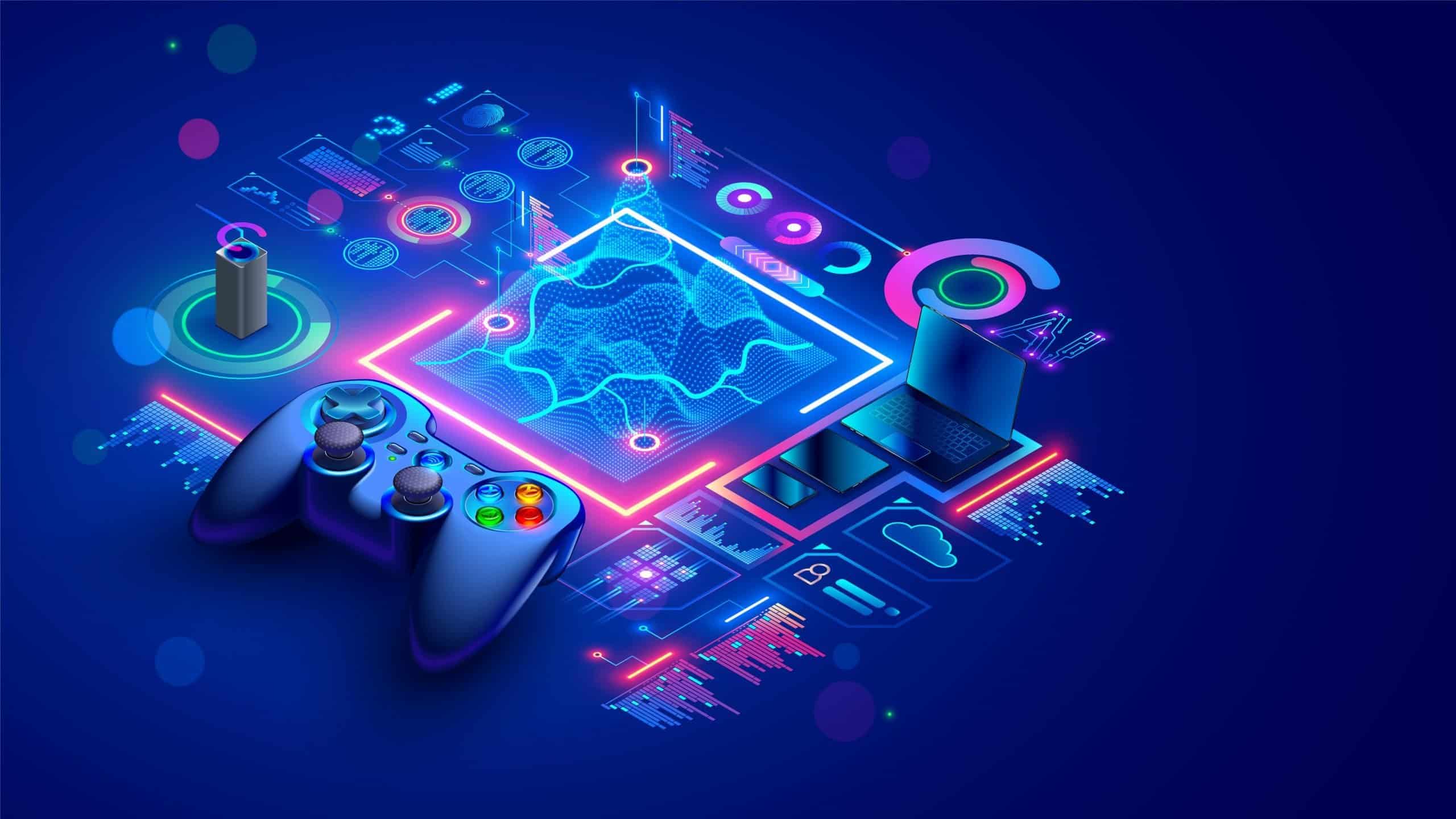The world of gaming is undergoing a radical transformation thanks to the incredible advancements in artificial intelligence, specifically Generative AI. AI is no longer just a tool for animating enemies or non-playable characters (NPCs); it has become a creative force capable of generating dynamic worlds, stories, and characters that interact with the player in ways never before possible. In this article, we explore how generative AI is reshaping the gaming industry, from accelerating development processes to creating unique and immersive gaming experiences.

A Revolution in Game Development
A recent study by Google Cloud in 2025 revealed that 90% of game developers are already using AI in their workflows, and 97% believe it is radically reshaping the industry [1]. These staggering numbers reflect the profound impact of generative AI on various aspects of game development.
"AI is no longer a futuristic concept for the games industry—it's a present-day reality that's driving innovation and changing the very nature of how games are made and played." - Jack Buser, Global Director for Games, Google Cloud [1]
Key Areas of Impact
Generative AI is making an impact in several key areas, opening up new horizons for developers and players alike.
| Area | Impact and Applications |
| Accelerating Workflows | Reducing repetitive tasks (95% of developers), speeding up game testing (47%), and generating code (44%). |
| Creative Innovation | Designing dynamic levels, writing variable dialogue, and exploring new game genres. |
| Enhancing Player Experience | Creating more vibrant worlds, and more intelligent and adaptive NPCs that react to player actions. |
| AI Agents | Using smart systems to automatically optimize content and dynamically balance game difficulty. |

From Procedural Generation to True Creativity
Games have long used Procedural Generation to create vast amounts of content, as seen in "No Man's Sky," which generated entire planets. However, generative AI takes this concept to a whole new level. Instead of just following predefined algorithms, AI can now "create" new content based on the game's context and player interaction, resulting in unique stories, dialogues, and quests every time the game is played.
Imagine NPCs that remember your interactions with them and change their dialogue and behavior accordingly, or worlds that constantly evolve in response to the actions of the player community. These are the promises of generative AI.

Challenges and the Future
Despite the enormous potential, there are still challenges to implementing generative AI, such as the need for significant computing power, concerns about intellectual property rights for generated content, and the fear that AI might replace human creators. However, most experts agree that AI will be a tool to empower developers, not replace them, allowing smaller studios to compete and pushing the boundaries of creativity even further.
Conclusion
Generative AI is not just a technical improvement; it is a paradigm shift in the philosophy of game design. It opens the door to personalized, dynamic, and ever-evolving gaming experiences. As this technology continues to mature, we can expect to see more intelligent, creative, and immersive games, shaping a promising and exciting future for the gaming industry.
